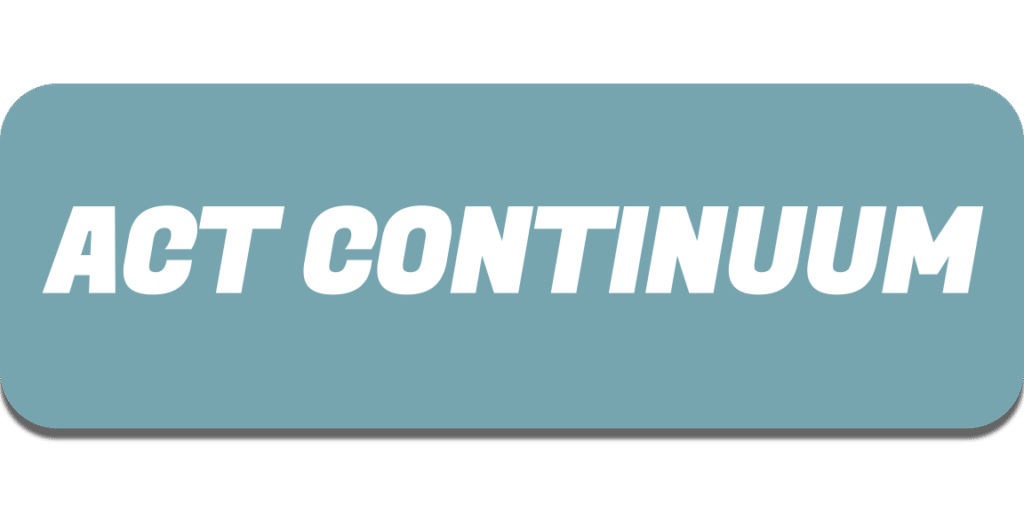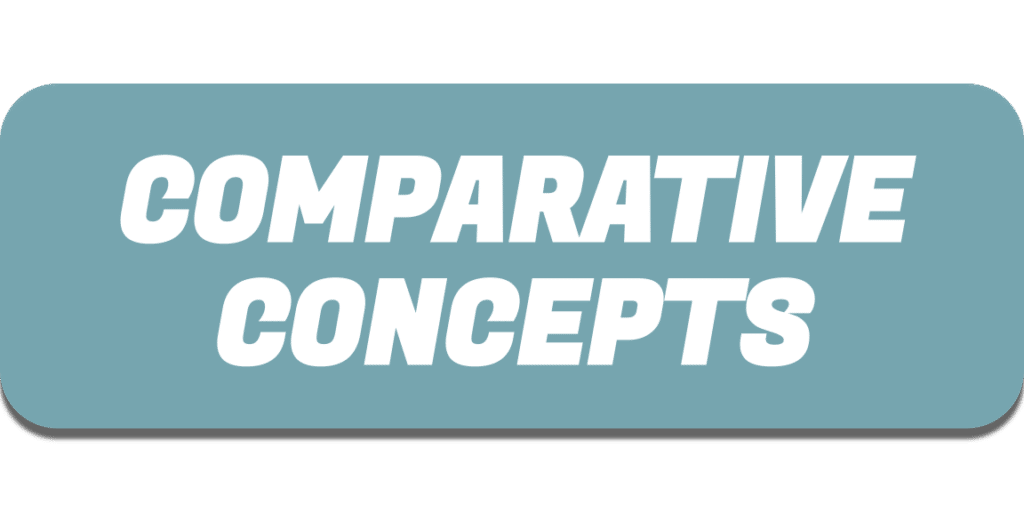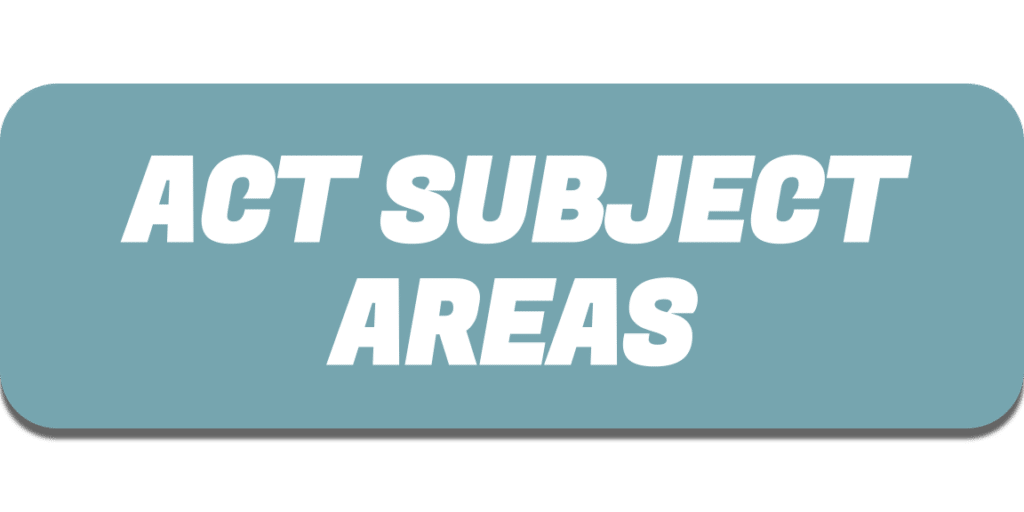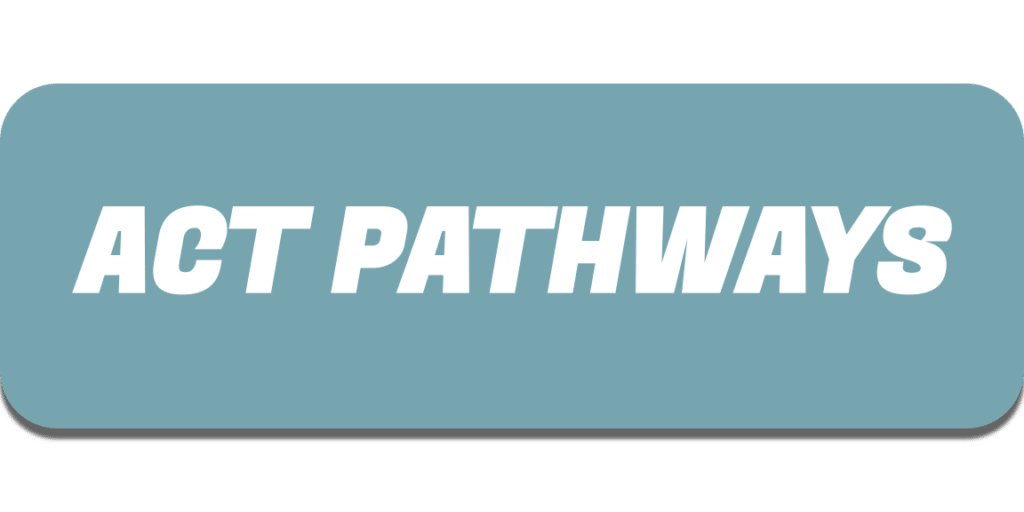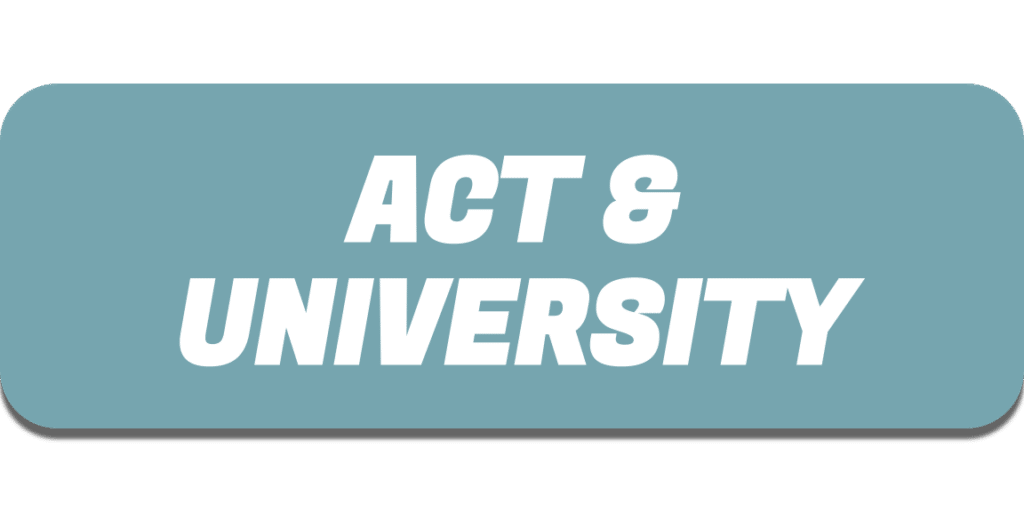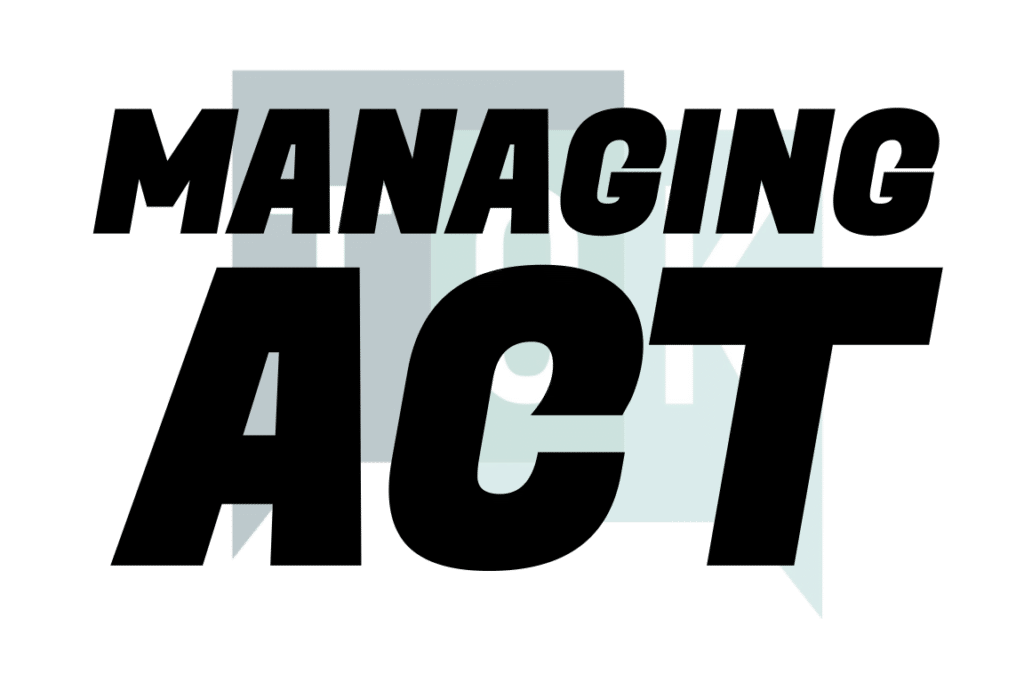
ACT means authentic critical thinking. It means helping your students to challenge – rather than confirm – their biases and assumptions about the world, and become nuanced, sophisticated, objective knowers about the world.
Making ACT our central pedagogical objective means we can create a continuum of resources that prepare primary and middle years students for TOK, and offer an alternative to it for senior learners.
The ACT & TOK teaching and learning pathway
Placing ACT at the heart of what we do creates a learning pathway represented by the diagram above. We begin with resources for primary learners (now being introduced), move onto the middle years resources which we update each month, and culminate in either our resources for the TOK course, or if your students are following a different educational programme (such as A-Levels or the AP), the senior ACT resources.
All our resources are incredibly flexible, and can be plugged into any educational programme. Deliver our full-length ACT courses in timetabled lessons, run our mini-lessons in PSE classes, use our extension resources such as Investigating Issues to fill your EPQ or HPQ slots, or offer your students our ‘Knowledge Journeys’ in optional extension classes outside of the usual timetabled day – it’s entirely up to you.
Access our ACT management pages
Click on the buttons below to take you to the pages for managing ACT in your school. If you have any questions about our memberships, workshops, and other TOK support services, don’t hesitate to get in touch at support@theoryofknowledge.net. To become a member of the site, follow this link.
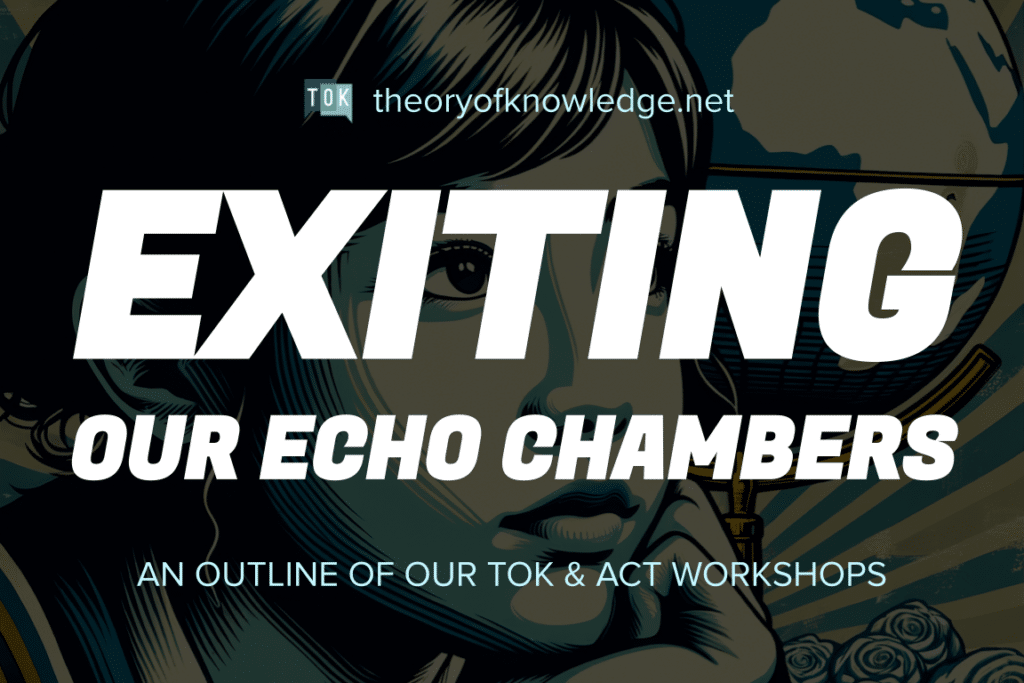
Help your learners to exit their echo chambers!
Our online and in-person workshops offer the usual support for students writing the essay and exhibition, and TOK departments designing great courses.
But our training sessions go much further than this: by focusing on authentic critical thinking, they demonstrate how to help learners confront, rather than confirm, their biases and assumptions, and exit their echo chambers. This makes them accessible and relevant for all teachers, whatever their subject or programme. Read more here.

